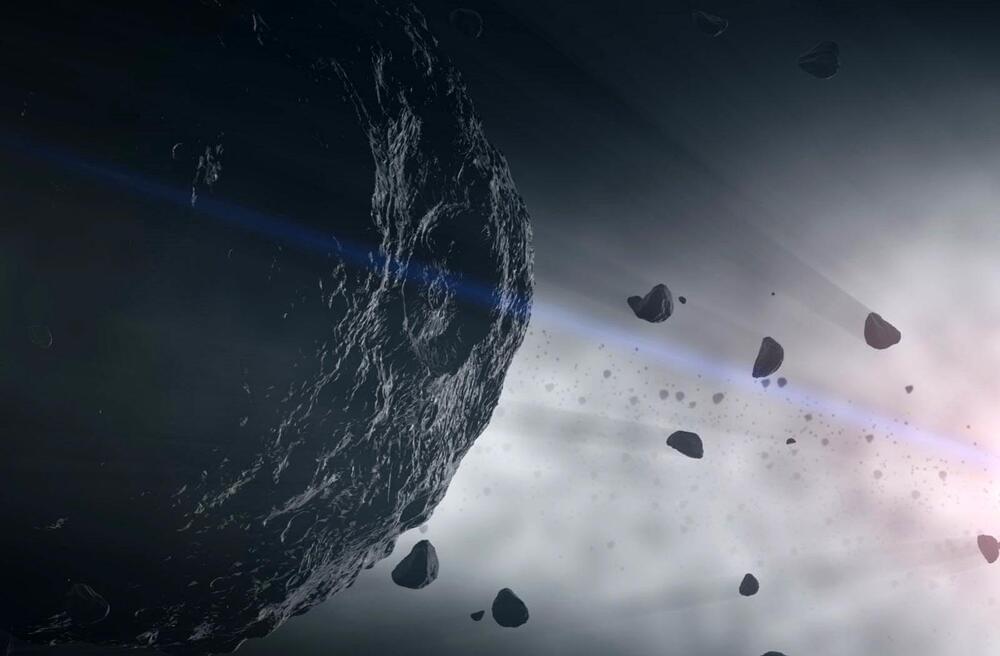A University of Maryland-led study reveals new details about asteroid dynamics following NASA ’s DART mission, which intentionally collided with the asteroid moon Dimorphos in 2022. The impact significantly altered Dimorphos’ trajectory and shape, leading to unexpected gravitational behaviors. These findings challenge previous assumptions about asteroid evolution and could influence future planetary defense strategies and space missions, as researchers continue to assess the system’s stability and potential for further exploration.
When NASA’s Double Asteroid Redirection Test (DART) spacecraft collided with an asteroid moon called Dimorphos in 2022, the moon was significantly deformed—creating a large crater and reshaping it so dramatically that the moon derailed from its original evolutionary progression—according to a new study. The study’s researchers believe that Dimorphos may start to “tumble” chaotically in its attempts to move back into gravitational equilibrium with its parent asteroid named Didymos.
“For the most part, our original pre-impact predictions about how DART would change the way Didymos and its moon move in space were correct,” said Derek Richardson, a professor of astronomy at the University of Maryland and a DART investigation working group lead. “But there are some unexpected findings that help provide a better picture of how asteroids and other small bodies form and evolve over time.”









Leave a reply